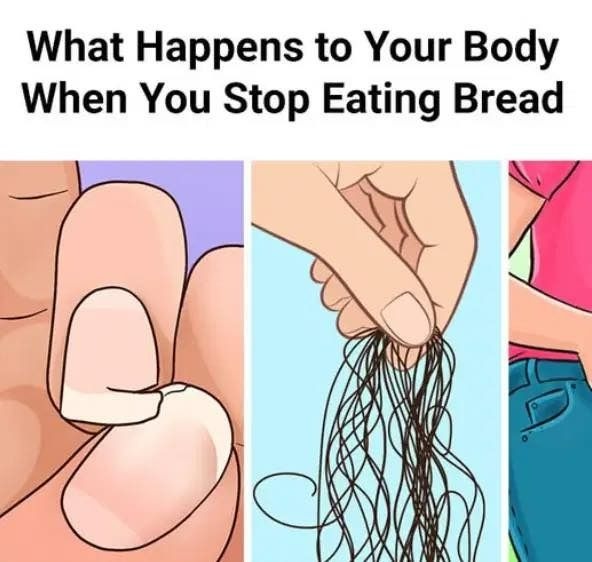1. You May Lose Weight (Initially)
When you stop eating bread, especially refined white bread, you’re cutting out a significant source of calories and carbs. This can lead to initial weight loss, particularly water weight, as your body depletes its glycogen stores. However, long-term weight loss depends on your overall diet and lifestyle.
2. Your Energy Levels Might Fluctuate
Bread is a primary source of carbohydrates, which are your body’s main energy source. When you stop eating bread, you may experience fatigue or low energy, especially if you don’t replace those carbs with other energy-rich foods like fruits, vegetables, or whole grains.
3. Your Digestive System Could Change
Bread, especially whole-grain varieties, is a good source of fiber. If you stop eating bread without replacing it with other high-fiber foods, you might experience constipation or digestive slowdown. On the flip side, some people find that cutting out bread reduces bloating and improves digestion, particularly if they’re sensitive to gluten or refined carbs.
4. Your Blood Sugar Levels May Stabilize
Refined bread can cause spikes in blood sugar levels, followed by crashes. By eliminating bread, especially white bread, you may notice more stable blood sugar levels and reduced cravings for sugary snacks.
5. You Might Miss Out on Key Nutrients
Bread, particularly whole-grain bread, is a good source of essential nutrients like B vitamins, iron, and fiber. If you stop eating bread without finding alternative sources of these nutrients, you could risk deficiencies.
6. Your Cravings May Intensify (At First)
Bread is a comfort food for many, and cutting it out can lead to cravings, especially in the first few weeks. Over time, these cravings typically subside as your body adjusts to a lower-carb diet.
7. Your Gut Health Could Be Affected
Whole-grain bread contains prebiotics, which feed the good bacteria in your gut. If you stop eating bread, you might need to incorporate other prebiotic-rich foods like bananas, onions, and garlic to maintain a healthy gut microbiome.
Tips for Cutting Out Bread the Healthy Way
If you’re considering eliminating bread from your diet, here’s how to do it without compromising your health:
- Choose Whole Foods: Replace bread with nutrient-dense alternatives like quinoa, sweet potatoes, or leafy greens.
- Focus on Fiber: Incorporate high-fiber foods like fruits, vegetables, nuts, and seeds to support digestion.
- Monitor Your Energy Levels: Ensure you’re getting enough carbs from other sources to maintain energy.
- Read Labels: Many processed foods contain hidden sources of gluten or refined carbs, so check ingredient lists carefully.
- Consult a Professional: If you’re unsure about making dietary changes, consult a nutritionist or dietitian for personalized advice.
